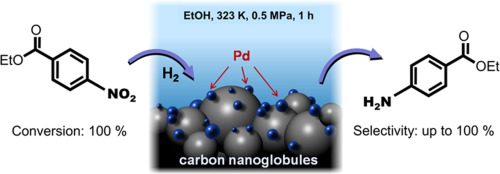An Overview on Lithium Applications
Lithium is widely used in batteries, ceramics, glass, lubricants, refrigeration, nuclear, and photovoltaic industries. With the continuous development of computers, digital cameras, mobile phones, mobile power tools and other electronic products, the battery industry has become the largest consumption area of lithium. In addition, lithium carbonate is one of the effective ways to reduce energy consumption and environmental protection in the ceramic industry, and the demand for lithium will also increase. At the same time, the new role of lithium in glass is also being discovered, and the demand for lithium will continue to grow in the glass industry. As a result, the glass and ceramic industry has become the second largest consumer areas of lithium.
Battery industry
Because of the small atomic weight of lithium, batteries with lithium anodes have very high energy densities. In addition, lithium battery has many advantages, such as light weight, small size, long service life, good performance and no pollution, so it has attracted much attention. In recent years, lithium has grown fastest in the field of batteries. It has risen from 7% in 1997 to 35% in 2013. The battery sector has become the world's largest consumer of lithium. Now, lithium batteries have been widely used in notebook computers, mobile phones, digital cameras, small electronic equipment, aerospace, mechanical and electrical, and military communications and other fields. With the development of electric vehicle technology, lithium battery will be widely used in automobile industry.
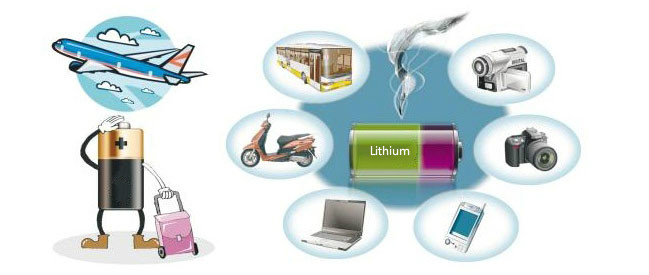
Glass industry
Lithium concentrate or lithium compounds have greater fluxing action in the manufacture of glass, adding to the glass ingredients can reduce the glass melting temperature and melt viscosity, simplify the production process, reduce energy consumption, prolonging the life, increase the yield, improve operating condition, reduce pollution. In addition, adding lithium compounds in the glass can reduce the thermal expansion coefficient of glass, improve the glass density and smoothness, improve product strength, ductility, corrosion resistance and thermal shock resistance performance. Lithium glasses are now widely used in the fields of chemistry, electronics, optics, modern science and technology.
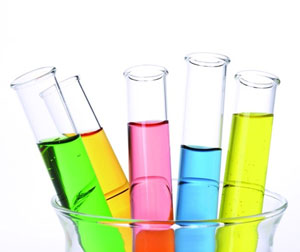
Ceramic industry
Adding a small amount of spodumene ceramics can reduce the sintering temperature and shorten the sintering time, improve fluidity, viscosity, strength and the refraction rate of ceramics, reinforced ceramic heat resistance, acid and alkali resistance, wear resistance and thermal shock resistance performance. Now, using spodumene made of low heat expansion ceramic and low expansion glaze is widely used in microwave oven tray, electromagnetic stove panel, turbine blades, spark plug, low thermal expansion coefficient of ceramic foam and lightweight ceramic etc..
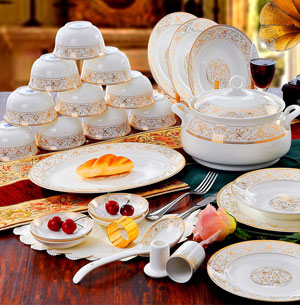
Grease industry
Compared with grease of potassium, sodium, calcium base, lithium grease has the advantages such as anti oxygen, pressure resistance, good lubricating property, especially lithium grease working width and water resistance is good, the grease viscosity can not be changed at -60 DEG ~300 DEG, even a little water, they can still maintain good stability, so it is applied to aircraft, tanks, train, automobile, metallurgy, petrochemical, and other equipment.
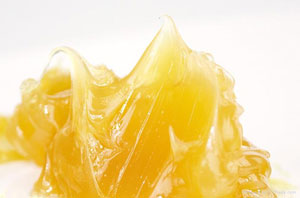
Metallurgical industry
Lithium as a component of light alloys, ultra light alloys, wear-resistant alloys and other non-ferrous alloys, can greatly improve the properties of alloys. For example, lithium magnesium alloy is high strength lightweight alloy which has good thermal conductivity and ductility, but also has the characteristics such as corrosion resistance, abrasion resistance, impact resistance, good anti penetration and high speed particles, known as "aerospace alloys tomorrow", has been widely applied to aerospace, defense and military field. With the increasing of lightweight, energy saving and environmental protection material weight and sustainable development requirements, magnesium lithium alloy will also be applied to transportation, electronics, medical products, lightweight materials, etc..

The addition of lithium to beryllium, zinc, copper, silver, cadmium and boron will make the alloy tougher, has tensile strength and elasticity. The amount of lithium in these alloys ranges from a few thousandths to a few percent.
Lithium is also an effective degassing agent. Because of the chemical activity of lithium, lithium metal or alloy melt joining in lithium will with metal or alloy such as hydrogen, oxygen, sulfur, nitrogen and other gases formed in the reaction of low density and low melting point compounds, not only can remove the gas, the metal becomes more dense, but also can eliminate the bubbles and metal other defects, so as to improve the grain structure of metal, improve the mechanical properties of metals.
Other applications
Lithium metal has the properties of large heat capacity, wide liquid temperature range, high thermal conductivity, low viscosity and low density. It is used as coolant in nuclear fusion or nuclear fission reactors.
Lithium bromide is an efficient water vapor absorber and air humidity regulator. It is widely used in air conditioning, dehumidification, refrigeration and air purification systems.
Lithium and its compounds are characterized by high combustion speed, high flame width and high calorific capacity. They are often used as fuel for rockets or airplanes or submarines.
Lithium can also make "lithium fertilizer" to prevent tomato rot and wheat rust disease.
The addition of lithium salt in the aluminum cell can improve the fluidity of molten salt, reduce the electrolysis degree and save the electric energy.
Butyl lithium is also used as an initiator, styrene butadiene alcohol, widely used in high temperature and low temperature of the rubber sealing material and rubber tires, rubber tire.



